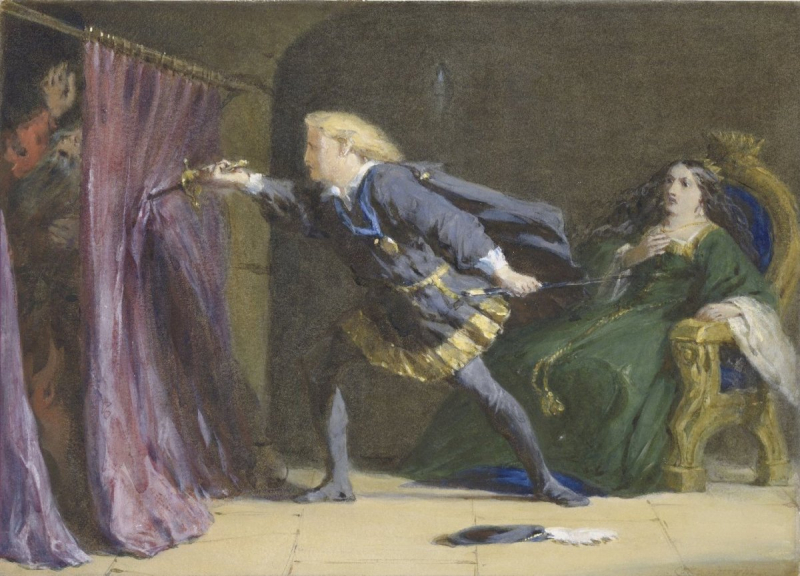Psychological Analysis of 'Hamlet'
William Shakespeare's "Hamlet" is a treasure trove for psychological analysis. The play delves deep into the psyche of its complex protagonist, Hamlet. His actions and thoughts offer a window into the human mind's intricate workings. This essay aims to unpack the psychological dimensions of Hamlet's character, focusing on his existential crisis, the Oedipal Complex, and the ambiguity of his madness.
At the heart of the play is Hamlet's profound existential crisis. His father's death and his mother's quick remarriage to his uncle Claudius throw him into a deep pool of grief. Hamlet's soliloquies reveal his inner turmoil and contemplation of life and death. His famous question, "To be, or not to be," is not merely a philosophical query. It is a reflection of his profound depression and suicidal ideation. This line underscores his existential dread and his grappling with the meaning of existence (Shakespeare, 1603).
Furthermore, Hamlet exhibits signs of what modern psychologists might identify as an Oedipal Complex. His fixation on his mother's relationship with Claudius and his disgust at their union suggest an underlying psychosexual conflict. He is tormented by visions of his mother's sexuality, indicating deep-seated familial and psychological issues. This element of his psyche provides a layer of complexity to his character. That suggests that his actions are driven not just by external events but by unconscious impulses (Jones, 1910).
Moreover, Hamlet's feigned madness sparks a debate among scholars about his mental state. His plan to "put an antic disposition on" serves as a strategic mask. But as the play progresses, the line between his real madness and his act becomes increasingly blurred. His oscillation between lucidity and apparent insanity reflects the inner chaos that dominates his mind. This duality is a central aspect of his character, making him one of literature's most complex and studied figures (Shakespeare, 1603).
In conclusion, "Hamlet" is a rich psychological portrait of a man in turmoil. From his existential angst and psychosexual conflicts to the enigma of his madness, Hamlet represents the complex nature of the human psyche. Shakespeare's play goes beyond a tale of revenge. It offers deep insights into the mind and spirit of its troubled prince. Hamlet's internal battles are universal, making his story resonate across ages.
References
- Jones, E. (1910). The Oedipus-Complex as an Explanation of Hamlet's Mystery: A Study in Motive. The American Journal of Psychology, 21(1), 72-113.
- Shakespeare, W. (1603). Hamlet. London: Oxford University Press.












